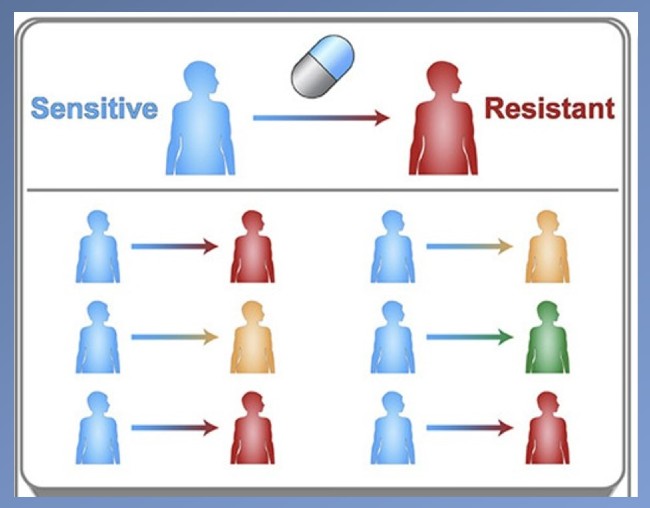Sir Julian Hartley, former chief executive of the Care Quality Commission (Credit: CQC)
The Care Quality Commission (CQC) has warned that the NHS’s shift to digital risks excluding vulnerable patients and widening existing health inequalities.
In his ‘State of health and adult social care in England 2024/25‘, published on 24 October 2025, the regulator says digital ambitions in the government’s ten-year NHS health plan should not come at the expense of equity.
Sir Julian Hartley, former chief executive of the CQC, said in the report’s foreword that there are “too many cases where poor coordination between health and social care, inadequate information sharing and a lack of digital integration are creating barriers to good care”.
CQC findings show online and video consultations have increased since the pandemic, accounting for 5.5% of all GP appointments in 2024/25, compared to 0.6% in 2022/23.
In the 2025 GP Patient Survey, only 53% of people reported that they found it easy to contact their GP by phone, and 35% said it was difficult.
Feedback from autistic people and people with mental health problems found that GP surgeries “do not always offer the reasonable adjustments needed to help them make appointments online or over the phone”, the report says.
These barriers also affect groups such as elderly or frail people, who may They have difficulty using digital booking systems or applications due to accessibility barriers or limited digital skills.
“As the Government commits to becoming ‘digital by default’ in a bid to end the 8am struggle, practices will need to consider how to implement changes in ways that minimize digital exclusion and consider the impact of health inequalities,” the CQC says.
Add that “Choice and flexibility” must remain fundamental to digital access strategies.
The CQC advises that local systems must have “effective processes to ensure that vulnerable people without advocates, whether formal or informal, are not disadvantaged when navigating the health and care system, and receive the support they need.”
Commenting on the report, Kathryn Marsden OBE, chief executive of the Social Care Institute for Excellence, said: “This report provides further evidence that people living in the most deprived areas often experience worse outcomes and encounter greater barriers to accessing care.
“Older people, people with dementia, people with learning disabilities and autism, and people with complex mental health needs also struggle to navigate services and access the support they need.”
The CQC also found that Attitudes towards the adoption of AI in healthcare remain mixed: a survey of 2,000 members of the public found that 47% felt negative about its use, while 83% were worried about potential errors and 81% feared a loss of human connection.
According to a survey of GPs, 42% of practices use AI, mainly for administrative tasks such as note-taking, triage and appointment scheduling.
More than four in five (81%) GPs believe AI will have a positive impact on general practice within five years, but 73% of GPs cite lack of funding, 69% unclear regulation and 66% concerns about liability as barriers to adoption.
Meanwhile, Hartley announced on October 23 that he will step down as CQC chief executive.



